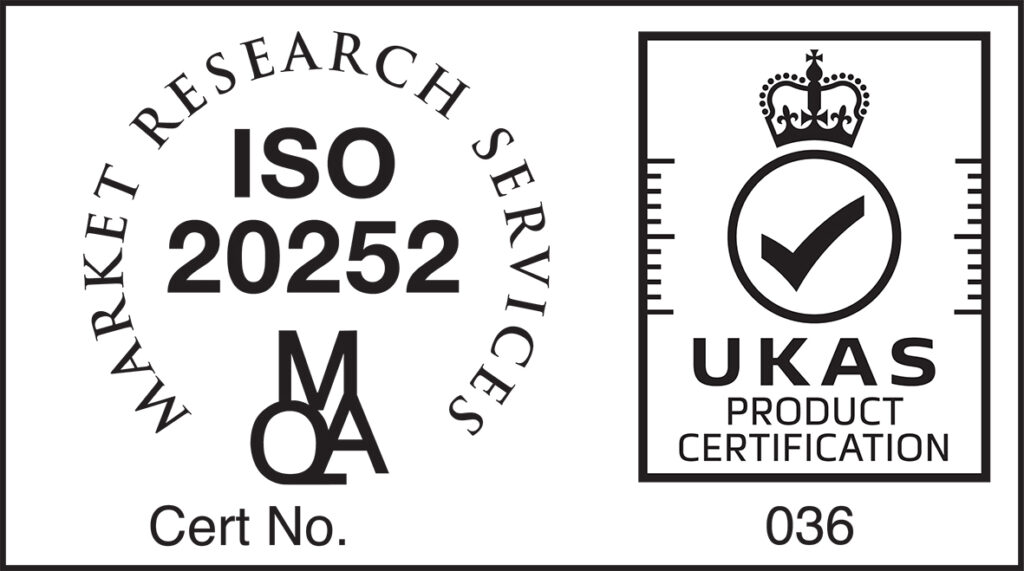What kind of person are you? Are you the life and soul of the party, or do you prefer a quieter life? Are you a bargain hunter, or do you like to spoil yourself? Are you someone who must have the latest tech as soon as it comes out, or do you wait until it’s unavoidable? There are countless ways to categorise people, and we instinctively create these groupings and caricatures to help us make sense of the people around us and the world.
It turns out this approach is also very useful for businesses when it comes to understanding customers. It’s called market segmentation.
What is a market segmentation?
Think of segmentation as a special set of lenses that you put on to see your customers with more clarity. Each lens reveals a distinct set of consumer preferences, needs, characteristics, and behaviours that collectively form the total market. These segments can be used by various teams in a business including, but not limited to Sales, Marketing, Product Development, Innovation and Customer Experience.
How can a market segmentation fuel your business growth?
1. Targeted marketing: Not all your customers share the same needs, and similarly, not all messaging works equally well. A segmentation can help you to develop a tailored marketing strategy that ensures you are communicating with each customer in their language, in a way that resonates with them. For example, some customers may find messaging about sustainability more appealing whereas others may want to be reassured about customer service.
2. Pricing strategy: Different customers will have different budgets so businesses can create a portfolio of products designed to meet the needs of different wallets. For example, customers on a budget may require a different proposition to those who are willing to spend more to treat themselves.
3. Customer retention and acquisition: Segmentations can help customer retention by pinpointing the specific needs and preferences within various customer segments. This means businesses can tailor their communications and loyalty programmes to boost customer satisfaction and reduce churn. Similarly, by examining the needs of non-customers or those using competing brands, a segmentation can be used to design tailored strategies that can win them over.
Maximizing the value of a market segmentation
Segmentation is a well-established tool that can be applied to a wide range of business objectives. However, it’s not uncommon to find organisations that have developed segmentations that are underutilised or are simply not fit for purpose.
To mitigate this risk, it’s important to invest sufficient thought and preparation into the segmentation process. This also entails partnering with the right team that has extensive experience, and the necessary technical know-how in crafting an effective segmentation.
The success or failure of the entire exercise hinges on how well it’s constructed. When done well, a segmentation will ensure that the final segments are both insightful and actionable for the business.
In an ever-evolving world where needs, attitudes, and behaviours are constantly shifting, segmentations become increasingly crucial for businesses to stay ahead of the curve and maintain a competitive edge. Find out more about our experience in running market segmentation studies, or get in touch to discuss a specific challenge.





